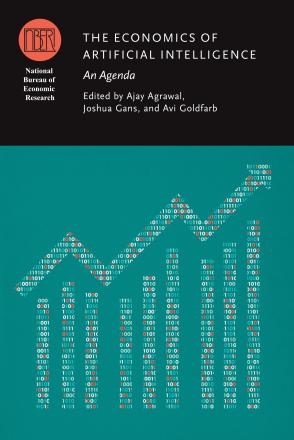Artificial Intelligence and Consumer Privacy

Thanks to technological advances that have enabled a radical decline in the cost of collecting, storing, processing and using data in mass quantities, or “big data,” artificial intelligence (AI) has spurred exciting innovations. AI and big data are also reshaping the risk in consumer privacy and data security. Big data introduces three “new” problems for consumer privacy: (1) sellers initially have more information about future data use than buyers after the focal transaction; (2) sellers need not fully internalize potential harms to consumers because of the inability to trace harm back to a data collector; and (3) sellers may promise consumer-friendly data policy at the time of data collection but renege afterwards, as it is difficult to detect and penalize it ex post. All three affect data collection, data storage, and data use. In this chapter, I first define the nature of the problem and then present a few facts about the ongoing risk. The bulk of the chapter describes how the U.S. market copes with the risk in the current policy environment. It concludes with key challenges facing researchers and policy makers.
-
Copy CitationGinger Zhe Jin, The Economics of Artificial Intelligence: An Agenda (University of Chicago Press, 2018), chap. 18, https://www.nber.org/books-and-chapters/economics-artificial-intelligence-agenda/artificial-intelligence-and-consumer-privacy.Download Citation


